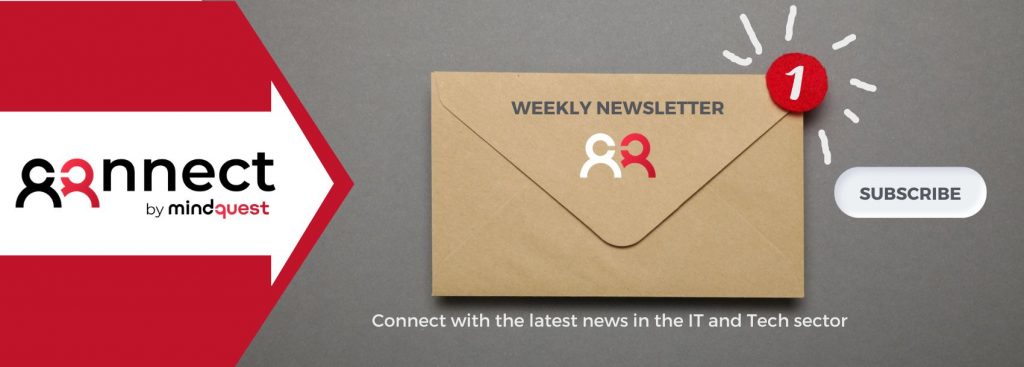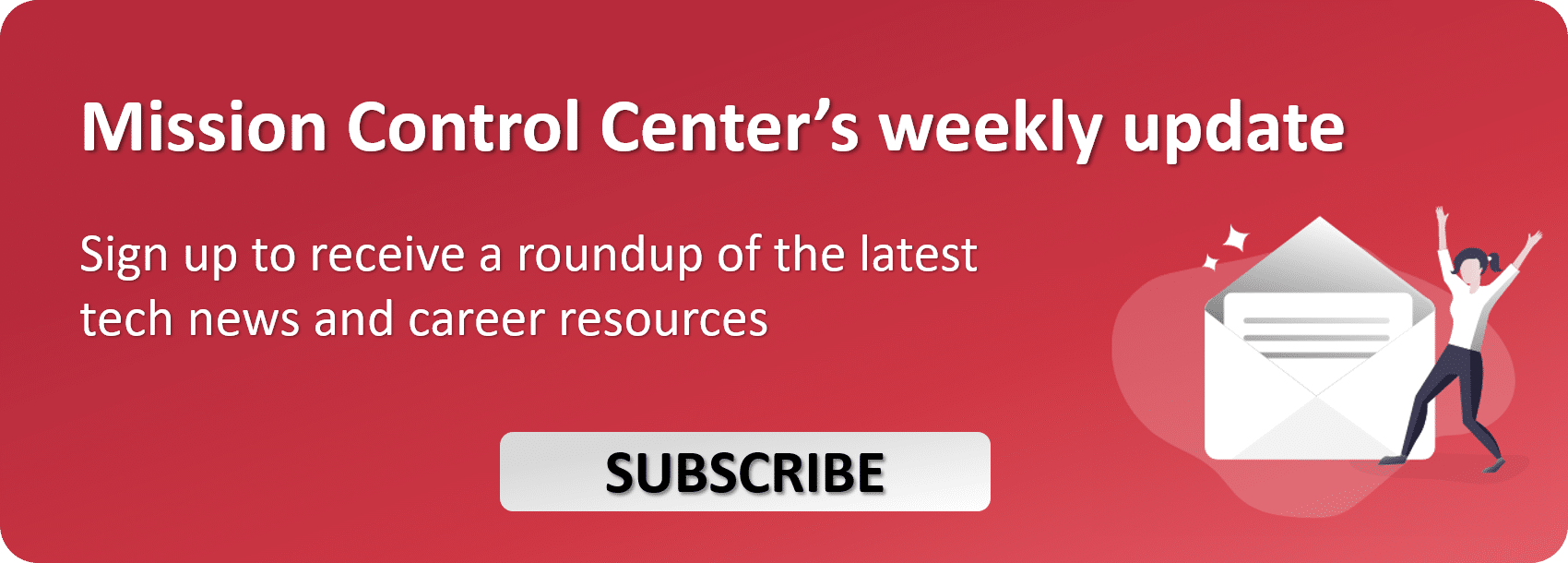Franck Pachot is a Swiss database career expert working as a developer advocate at the open-source distributed SQL database firm Yugabyte. Here’s how this Oracle ACE Director, Oracle Certified Master, and AWS Data Hero went from consulting to developer advocacy, his take on new database technologies and his advice is for those looking to go into the field.
Interested in more database management career advice? Here’s how becoming an Oracle Certified Master led this expert to a stellar DBA career.
How did your database career start? What’s your career story?
Actually, I’ve always been working with databases. At university, I even started some projects on Oracle. I did my first internship developing with Oracle Forms, and then I’ve been working in development teams on Oracle and Db2. I also did a lot of data warehousing with business objects on Db2, then on Oracle. And mostly as a consultant.
My big change, a few months ago was to move out of the consulting part. But before I was always working at the customers’. Also, I started to look at open-source databases a few years ago with mostly Postgres because this is where users of Oracle are looking at when they want to move to open source.
So, I started on the development side, and I learned and enjoyed working with databases. Then I did also some DBA stuff and some operations work, as well as things to do with the development and data modelling. And what I really like is the communication between the two, developers and operations. That is not always something easy to see in all companies.
Why Oracle Database?
The database I know the best is Oracle because I’ve been working with it many, many years and I really like the technology. I think that the decisions that were made at the beginning are really good ones.
I mean, the architecture made at a time where databases were in megabytes or gigabytes is still valid for databases today, so this is really great. And also because this database is quite old, it has a lot of instrumentation and troubleshooting tools. And this is really what I like about it.
You can really try to understand what happens, in fact, What I’ve seen with many other databases is that people try to guess: what about adding memory? What about adding this index? And my experience on Oracle is that you can understand what happens, where the time is spent, and then try something, but based on facts and things that you can measure.
Also the community around the vehicle. I’ve been an Oracle ACE and an Oracle ACE Director. Going to conferences and the communication with the Oracle product managers, that is really good.
What about NoSQL databases? What’s your take on them, what’s making them so popular?
It was first about the scaling, but I think really that the thing that platforms like MongoDB or AWS DynamoDB are doing really well is to provide the API that the developers wanted rather than telling the developer: it’s not efficient to get things object-by-object from the database. But they wanted to get objects because they have objects in Java, and then Mongo DB provides this API. Then you lack some features, some performance. But at least you provide really what the users want, and then they improved the things behind.
And that’s really different from what I’ve seen with SQL. I’ve seen a lot of people just telling developers: your code, your design is bad. For example, I have a lot of colleagues, DBAs who hate Hibernate because they see bad queries coming from it. But they do not realize that development today needs something more agile than building complex SQL queries that are difficult to test. I mean, you can test them, but it’s a different language, different test suites and all of that.
We need to listen to the users that need it. Maybe we think it’s not the right choice, but they have all the constraints and they need that. And we need to provide them with that. And this is what NoSQL vendors like DynamoDB, MongoDB are really good at, selling this API.
What would you encourage newcomers to the world of IT to focus on?
I would encourage people to look at databases because we really lack people in databases, in both development and in operations. But, of course, it depends on what you like to do.
I really enjoy databases for many reasons. First, because you really get to have a look at the basics of the software, the data structures. Also, in the business world, you work with users from different departments, and that’s also interesting. I especially loved data warehouse projects because you talk to the user directly and you provide them value in a direct way.
They spend the day entering data into the system, and you can show them the value of having all this data. That they can query it and make reports, and that’s interesting. Everything that touches users, developers and operations is interesting. And it’s a good thing about working with databases.
What would you recommend to those looking to get started with their database career to do first?
My advice is: to try to learn SQL.
At first glance, it looks like an old language, like writing in English like in COBOL or those old languages. But manipulating data with sets of wholes is really powerful.
I would encourage anyone who has to develop with or for a database to at least understand how the database works, that it provides a service to process data and not only something like an object store or JSON store.
Data scientists and DBAs: how do these two positions fit together?
We need communication between the two.
If the data scientist manipulates a lot of data and does a lot of analytics without knowing how it is stored behind. Well, they will get frustrated if they expect the same response time as a search on Google for example. Because they think that it’s just data they query and that they should have the result. This without understanding the complexity of storing, indexing, partitioning, and all of that. So, communication between the two is quite important.

The task of the DBA will probably change with managed services with cloud. Less time spent on patching and what I call the boring stuff. Some people like to do recurrent tasks. But installing, patching, that’s not where I like to interact with databases. I prefer performance training, looking at the design and working with the users and developers.
You went from a database career in the consulting world to being a developer advocate at Yugabyte. What was the transition like?
The advocacy part was already something I was kind of doing, being an Oracle ACE director, being an AWS Hero, blogging a lot, and being probably too much on Twitter. So, this advocacy part was something I was doing. The difference is that now it’s my full-time job. I don’t go to customers, so this is just another step into this world.
The big change for me was that the technology I was using for 20 years, Oracle, I just stopped using. I didn’t connect to an Oracle database for a few months. And that’s a strange decision, taking the thing that you know best and saying: okay, I will not use that anymore. I have to learn new things.
But in the end, it’s also very rewarding because then you realize that your experience is not only about one technology or a few keywords. And what I was doing on databases, I’m still doing that on the same concepts and learning moving is also very interesting and motivating.
This part was probably what I thought would be the most difficult, but it’s perfect and I really enjoy the developer advocate position.
What does the developer advocate position exactly involve?
It’s a lot of different roles. I help some users, but I’m not in support. I discuss with our development team, but I’m not in product management. I also help with presales and advocating for and showing the database at conferences, but I am not in sales.
I really consider the developer advocate role as a paid user that gets to play with the product, learn about it and advocates for it to be sure that people know about it and that, if they try it, they try it in the right conditions. That’s also something important, being in touch with the users to be sure that they use it correctly, in the right way. If not, they will be frustrated.
What’s the best career advice you have ever been given?
I think the best is one I got when was a junior, from someone with whom I wasn’t working directly. She was in another team and, when left for another company she told me: do not change. Do not change yourself, stay the same. And I think it’s the best advice I’ve been given.
Of course, you change a lot, you get more experience, you learn things. But it’s important also to know that you don’t have to change that, that you have the right approach, that you might want to change and improve things, but you don’t have to.
And that’s probably a good thing. That’s also why I stayed in the area where I was happy, databases, and still changed a lot of things around.
Read our article Database Administrator: Job description
For more tips on pursuing a database career and working with database technologies and Yougabyte, make sure to follow Franck on Twitter, LinkedIn, and Medium.


